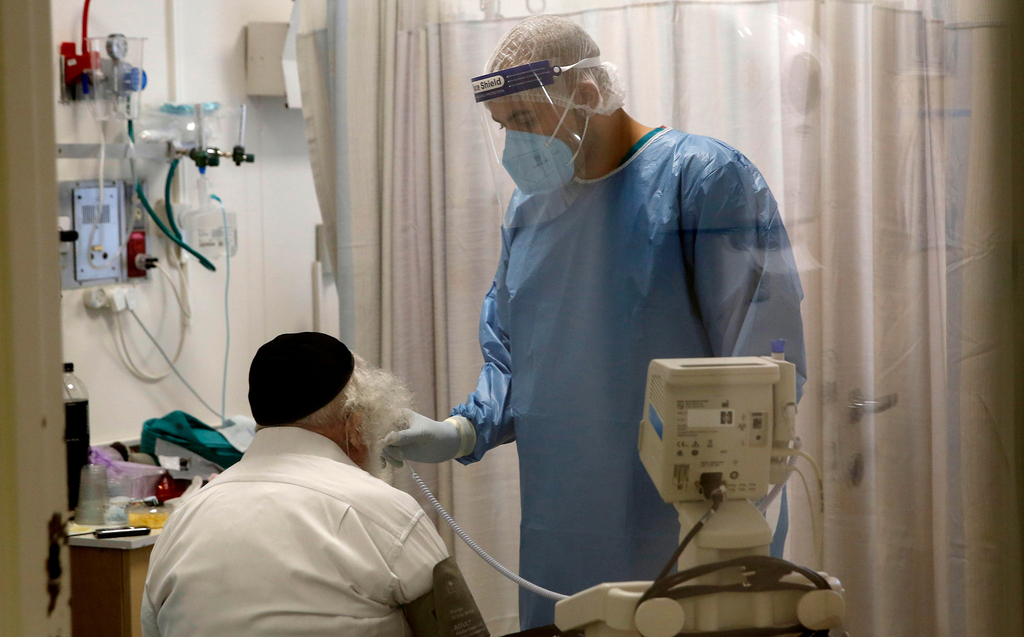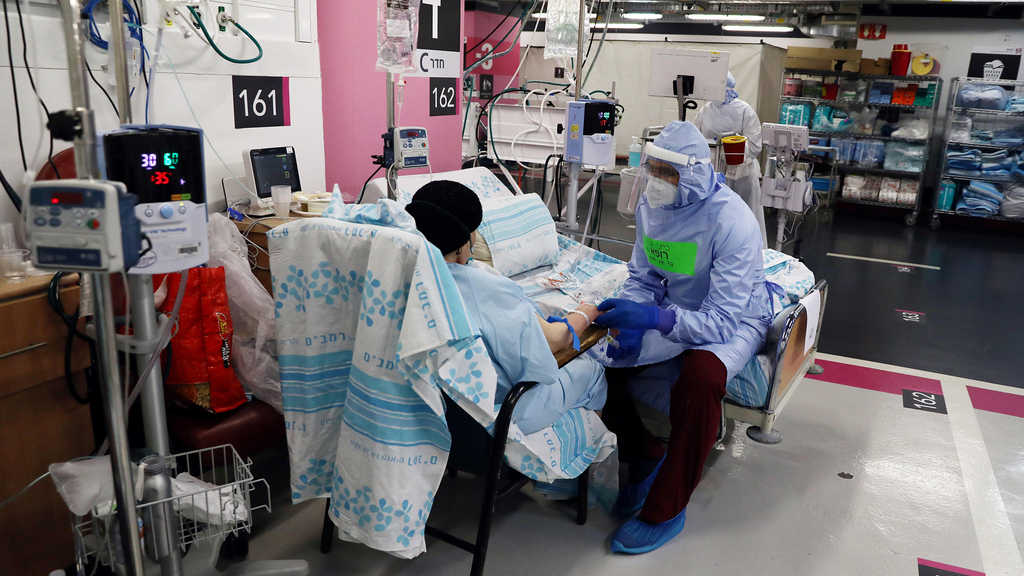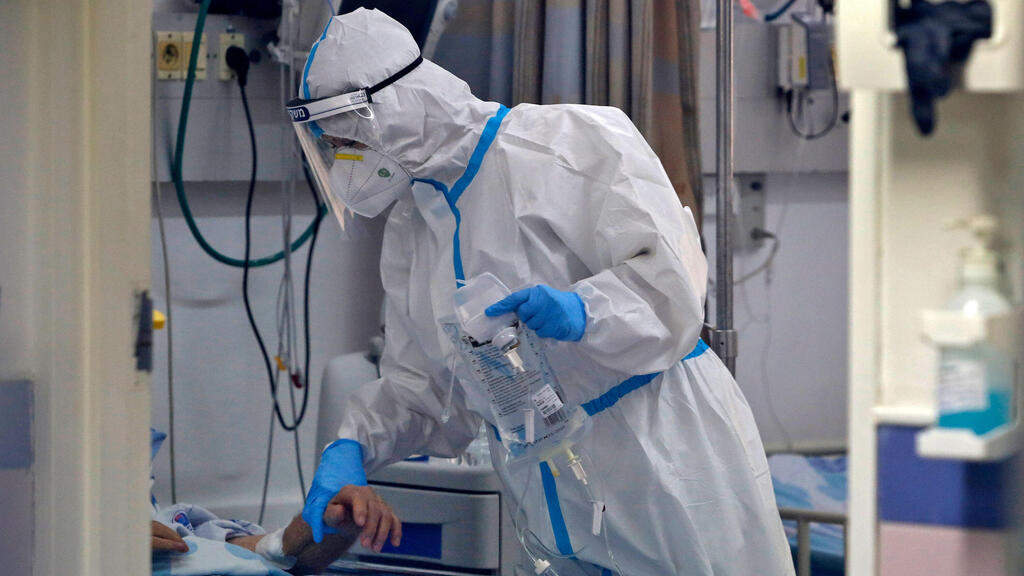Israel is a warm country with even warmer people, which prides itself on its people’s strong familial bonds and enduring friendships, but the pandemic-induced decree to “socially distance” ourselves from one another has given rise to more and more cases of loneliness.
First, we were made aware of a horrifying phenomenon of lonely seniors perishing in their own homes, alone and without anybody realizing, only to be discovered days later.
Then, initially during the first wave of coronavirus and even more so during the second, we were made aware of the plights of patients in coronavirus wards who were forced into isolation due to their infectious condition.
The general public tends to assume that modern medicine treats the human body as a very sophisticated instrument that lacks any connection to the mind.
The opposite is true: The link between one’s mental health and physical health has been proven in countless scientific studies. A relaxed and calm mental state has even been proven to help overcome many illnesses.
The professional discourse regarding the pathogen - which covers infection rates, oxygen saturation levels and other physical metrics - cannot exclude the state of mind and mental health of those infected.
Over the past eight months, we have treated scores of patients with various complex and serious conditions at Laniado Hospital’s Intensive Care Unit, where the coronavirus ward is also located.
Throughout this period we have seen the positive impact family members and volunteers have on the ward’s patients. Anyone who has not visited one of the country’s coronavirus wards cannot understand the patients’ immense loneliness and stress.
Every patient admitted into the coronavirus ward experiences a sense of disconnect not only from their family, but from the rest of the people in the hospital as well.
Often, a patient’s feelings are not merely feelings, but a very bleak reality.
3 View gallery


A healthcare professional aids an elderly coronavirus patient at Hadassah Medical Center, Ein Kerem in Jerusalem
(Photo: AFP)
While the hospital staff do all they can to provide some human warmth and empathy to patients, they - as busy as they are with other patients - are no real substitute for family members, friends or even volunteers.
We’ve often seen patients whose mental stability has been shaken by their condition, so much so that they can’t eat, or communicate with family members via the phone.
That is why Israel’s health system must work with civilian bodies to ensure that the ward’s patients meet with people from the outside world to help invigorate them both mentally and physically.
Now that the second wave of the pandemic is almost behind us, the entire country is preparing for the winter and the subsequent rise in infections.
Now is the time for the health system to make sure those stuck on the wards are taken care of both physically and mentally, in order to make sure they and us can treat the pathogen in the most effective way possible.
Dr. Morris Shapiro is the Director of the Intensive Care Unit At Laniado Hospital in Netanya



